18th Century
Category: Other
Updated: 10 Feb 2018
Contributors
Created byRafelle Marie Timog Allego
Attachments
Events
English farmer Jethro Tull begins the mechanization of agriculture by inventing the horse-drawn seed drillGottfried Leibniz pioneers the binary number system now used in virtually all computersThomas Newcomen builds the first practical (but stationary) steam engineChristiaan Huygens conceives the internal combustion engine, but never actually builds oneWilliam Champion develops a commercially viable process for extracting zinc on a large scaleJohn Campbell invents the sextant, an improved navigational device that enables sailors to measure latitudeAxel Cronstedt isolates nickelAxel Cronstedt notices steam when he boils a rock—and discovers zeolitesWolfgang von Kempelen develops a mechanical speaking machine: the world's first speech synthesizerAbraham Darby III builds a pioneering iron bridge at a place now called Ironbridge in EnglandJosiah Wedgwood (or Thomas Massey) invents the pyrometerFrench Brothers Joseph-Michel Montgolfier and Jacques-Étienne Montgolfier make the first practical hot-air balloonReverend William Gregor, a British clergyman and amateur geologist, discovers a mysterious mineral that he calls menachite. Four years later, Martin Klaproth gives it its modern name, titaniumPeriods
John Harrison develops reliable chronometers (seafaring clocks) that allow sailors to measure longitude accurately for the first time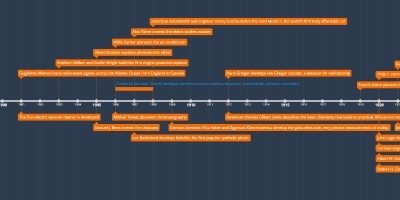
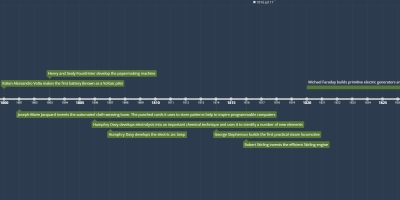
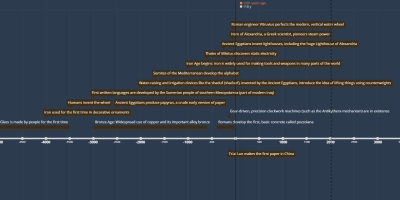
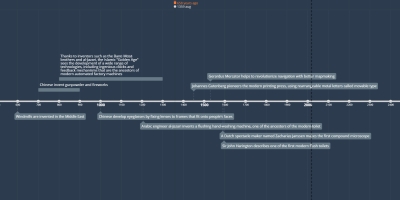
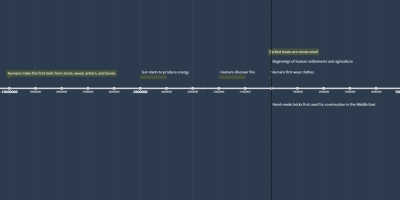
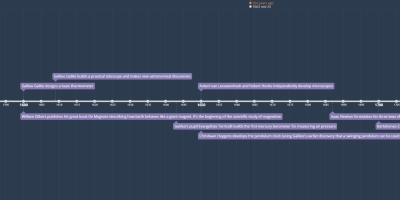
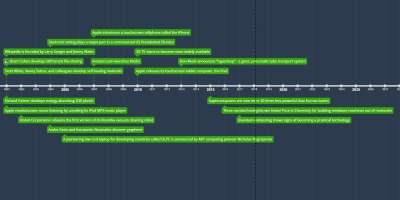
Comments